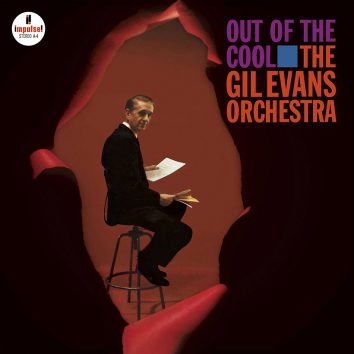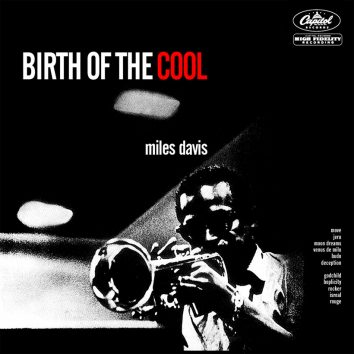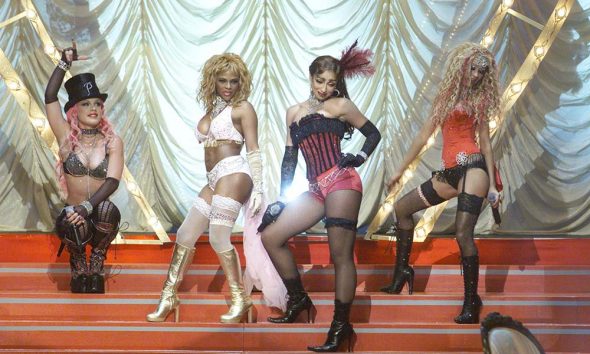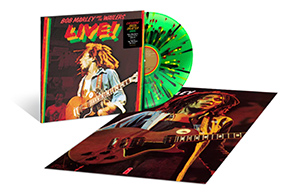‘Cape Verdean Blues’: Horace Silver’s 60s-Groove Classic
Recorded in October 1965 and released the following year, ‘Cape Verdean Blues’ by Horace Silver deserves to be more widely heard.
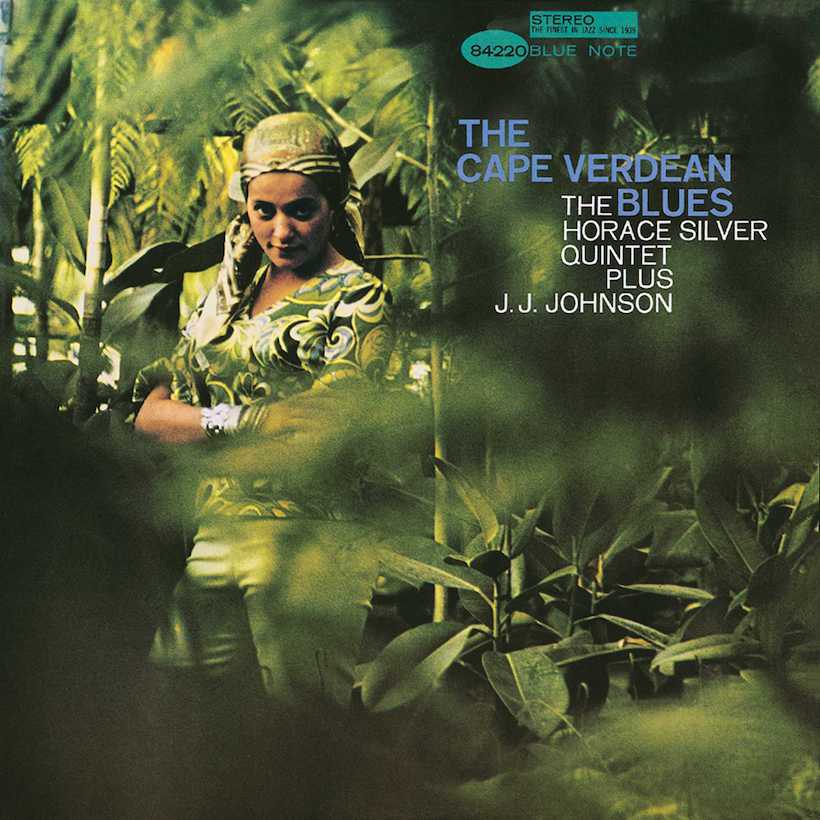
For all kinds of reasons, Cape Verdean Blues is a much more modernist offering than Horace Silver’s previous release, Song For My Father, and slightly less well-regarded, but it should not be. Given the addition of 20-year-old trumpeter Woody Shaw – playing on his first Blue Note date – and JJ Johnson on side two, there is a definite sense of exploration at work here. On the original liner notes, Silver reveals how long he had wanted to work with Johnson, whose credit on the record shows the respect in which the pianist held the trombonist. The other musicians on the record are Joe Henderson (tenor saxophone), Bob Cranshaw (bass), and Roger Humphries (drums).
“What really turned me on to my heritage was a vacation I took three years ago in Rio with Sergio Mendes, the Brazilian pianist. Now I’m getting a lot of inspiration from African folk music.” Horace Silver, May 1966
The album’s title track, along with the other two numbers on side 1 of the original LP it was recorded on October 1, 1965, and could easily have been included on Song For My Father. The beautiful descending riff played by the horns that begins “The African Queen,” inspired by a folk tune from the Ivory Coast, is simply beautiful. It may not be as well known as “Song For My Father” but it is every bit as good, especially when an insistent Humphries produces a sound reminiscent of West African talking drums. Once Joe Henderson gets to work, barging his way in to make himself heard, and heard by everyone, the mood is interrupted before we return to the heat of the African sun courtesy of Woody Shaw’s languid trumpet.
Click to load video
Side two, recorded three weeks later, on which Johnson guests, is more complex, musically, and marginally more enjoyable as a result. “Nutville” opens with some great horn play that drives along at a pace and features excellent solos from all four principals. “Bonita” grows with intensity, with the benefit of some superb drumming from Humphries, but it’s Johnson that comes away with the top prize. All the compositions with the exception of “Mo’ Joe,” from Mr. Henderson, are Silver originals and they reaffirm his compositional credentials.





